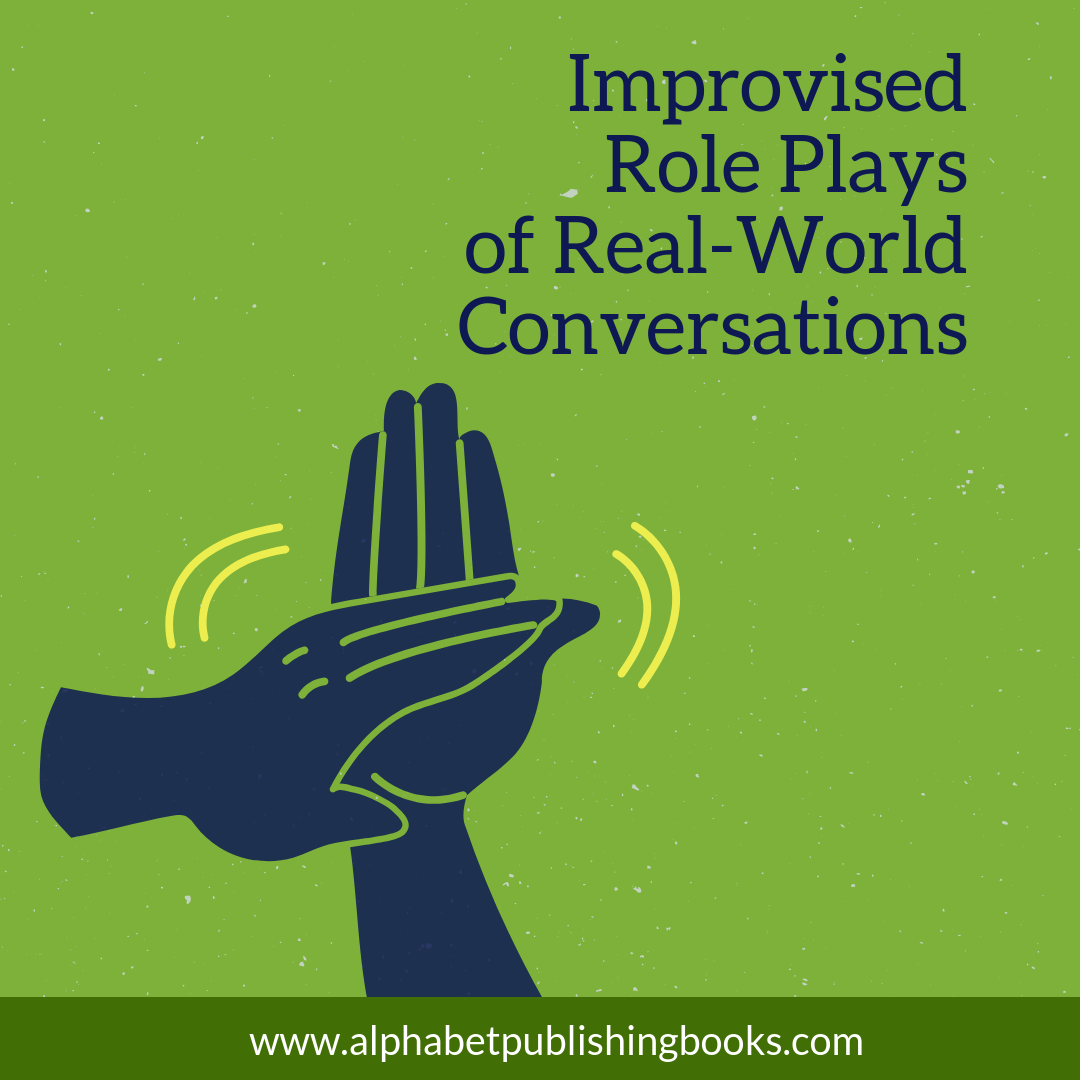I am having way too much fun uploading worksheets out of 60 Positive Activities for Kids on to our Teachers Pay Teachers Store (Click on Build Positivity to find all the worksheets!) One of the […]

Improvised Role Plays of Real-World Conversations
Improvisation allows students to prepare for real world situations, but often in regular role plays, the conversation runs more smoothly than in real life. In the real world, people find themselves challenged by awkward situations. […]

Play on Feelings: Using Intonation to Express Emotions
Intonation is notoriously difficult for English learners, yet it is important, particularly in English, for sending emotional messages. The role of intonation in English is complicated but generally English speakers use intonation to express emotion, […]

Technology in the ESL Classroom
I’ve just gotten back from the TESOL Convention and I learned quite a bit and met quite a few interesting people. One topic that kept coming up again and again was the question of technology […]

How to Put on a Play in Class
The benefits of drama in the English classroom are surprising. Students learn and practice a variety of acting skills, using their bodies and voices to make meaning. When they put on a play, what to […]

Prewriting Activities for Young Learners and Lower Level Students
Prewriting is really just a fancy way of saying “planning to write”. For many writers, it includes brainstorming and outlining. But prewriting activities for young learners, who often have lower proficiency in English as well […]

What Do They Know About You?
Why do I recommend a Get-to-Know-the-Teacher activity on the first day of class? I remember the first time I was grilled by a new class. I was teaching middle-schoolers in a public school in Kazakhstan and […]

What Are Your Students Worth?
Have you ever thought about what your students are worth? What would you pay them for the work they do on a project? It’s a sort of backwards question, as generally students pay us to […]

Genre Switching for Better Writing
I belong to a Facebook group for self-published fiction authors many of whom routinely make thousands or tens of thousands of dollars a month. The key to their success? Pick a genre that readers like, […]

Conversational Moves
So many speaking materials focus on micro-language: application of a grammatical form, pronunciation of a syllable, maybe memorization of a useful phrase. But students do not get much scaffolding for a macro-approach that integrates larger elements […]
